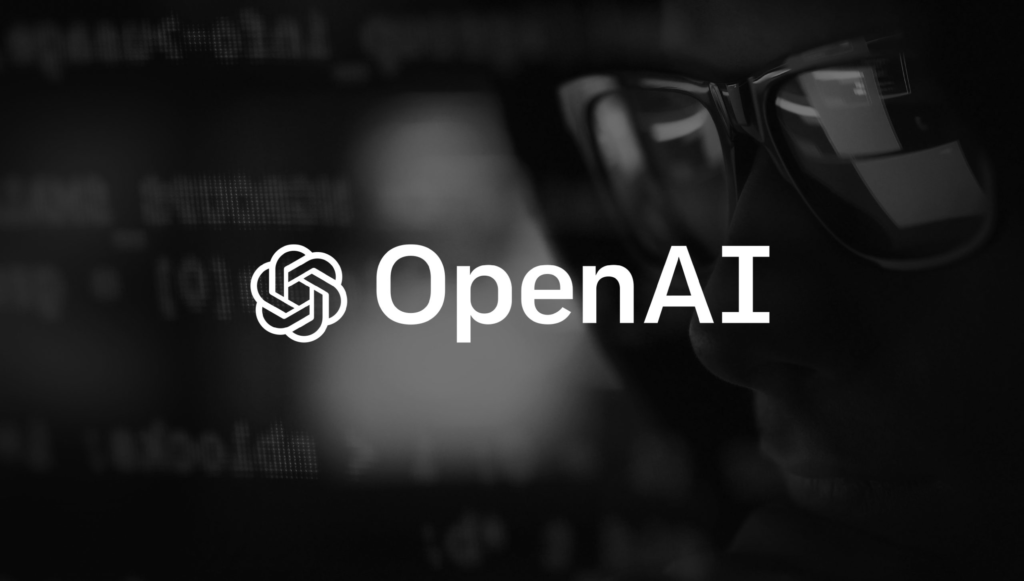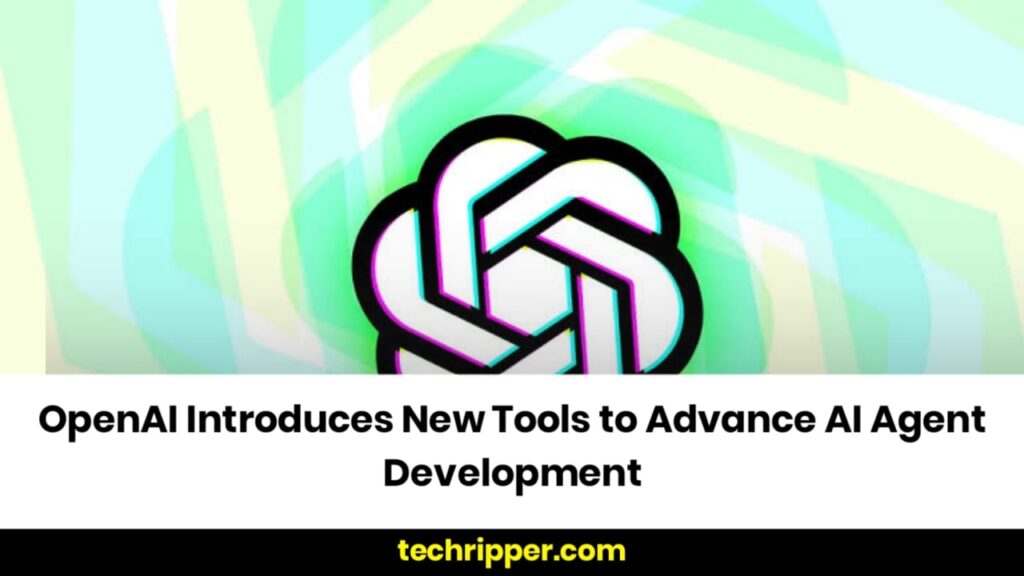OpenAI has unveiled a suite of new tools designed to help developers and enterprises build AI agents—automated systems capable of independently executing tasks. These tools are part of OpenAI’s newly launched Responses API, which allows businesses to create custom AI agents capable of web searches, document scanning, and website navigation, similar to OpenAI’s Operator product. This release marks the transition from the Assistants API, which OpenAI plans to phase out in the first half of 2026.
The AI agent landscape has seen significant hype in recent years, though the technology industry has struggled to define and demonstrate their practical value. TechCrunch reports. Recent examples,such as the widely discussed but underwhelming Manus AI platform by Chinese startup Butterfly Effect, highlight the challenges in making AI agents truly autonomous and effective.
“It’s pretty easy to demo your agent,” said Olivier Godement, OpenAI’s API product head, in an interview with TechCrunch. “To scale an agent is pretty hard, and to get people to use it often is very hard.”
Earlier this year, OpenAI introduced two AI agents within ChatGPT: Operator, which navigates websites, and Deep Research, which compiles research reports. While these tools showcased the potential of AI agents, they fell short in terms of full autonomy. With the Responses API, OpenAI aims to provide developers with the building blocks to create more capable and autonomous agent-driven applications.

Key Features of the Responses API
Developers using the Responses API can access AI models, including GPT-4o search and GPT-4o mini search—both of which power OpenAI’s ChatGPT Search. These models conduct web searches and generate answers with cited sources. According to OpenAI, GPT-4o search achieves a 90% accuracy score on the company’s SimpleQA benchmark, while GPT-4o mini search scores 88%, significantly outperforming GPT-4.5, which scores 63%.
The API also includes a file search tool that enables enterprises to retrieve information from internal databases. OpenAI has assured users that these files will not be used for model training. Additionally, developers can integrate OpenAI’s Computer-Using Agent (CUA) model, which underpins Operator. The CUA model generates mouse and keyboard actions, facilitating automation for data entry and other computer-based workflows. Enterprises can deploy the CUA model locally, while the consumer-facing version remains web-based.
Challenges and Future Improvements
Despite these advancements, the Responses API does not fully eliminate common AI agent limitations. While AI-powered search tools improve factual accuracy, GPT-4o search still produces errors in 10% of factual queries. AI search engines also struggle with short, navigational queries (e.g., “Lakers score today”), and recent reports indicate that ChatGPT’s citations are not always reliable.
In a blog post, OpenAI acknowledged that the CUA model is “not yet highly reliable for automating tasks on operating systems” and is prone to “inadvertent” mistakes. However, the company emphasized that these are early iterations and that continuous improvements are underway.
Additional Developer Resources

Alongside the Responses API, OpenAI has launched the Agents SDK, an open-source toolkit designed to help developers integrate AI models with internal systems, implement safeguards, and monitor agent performance. MIT Review examines The Agents SDK builds upon OpenAI’s Swarm framework for multi-agent orchestration, released in late 2024.
Godement expressed confidence in AI agents’ potential, stating, “Agents are the most impactful application of AI that will happen.” OpenAI CEO Sam Altman echoed this sentiment in January, declaring that 2025 would mark the year AI agents enter the workforce.
Whether or not 2025 becomes the defining year for AI agents, OpenAI’s latest initiatives signal a clear shift toward practical, enterprise-ready solutions rather than just conceptual demonstrations.
Also Read : Elon Musk Claims X Outage Was Caused by a Large-Scale Cyberattack

